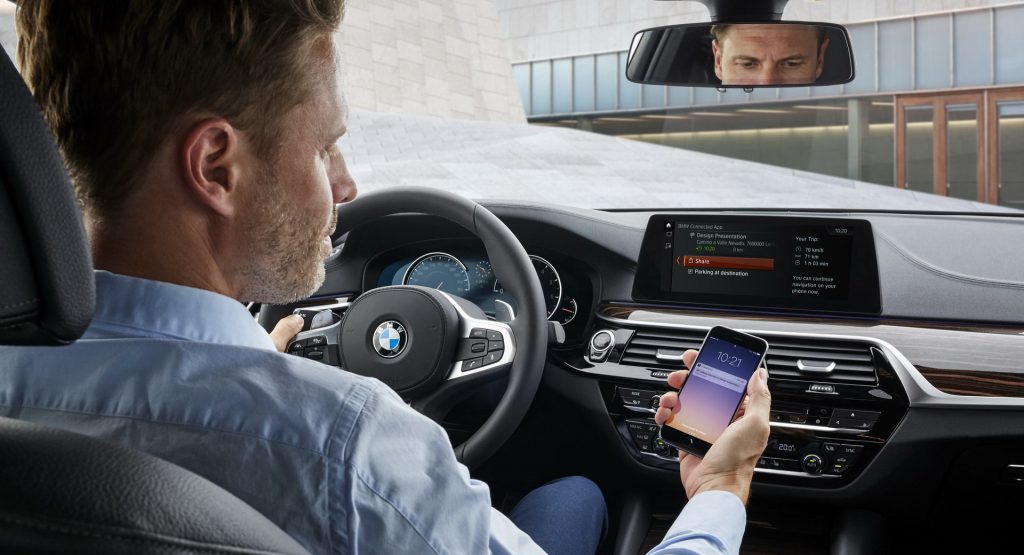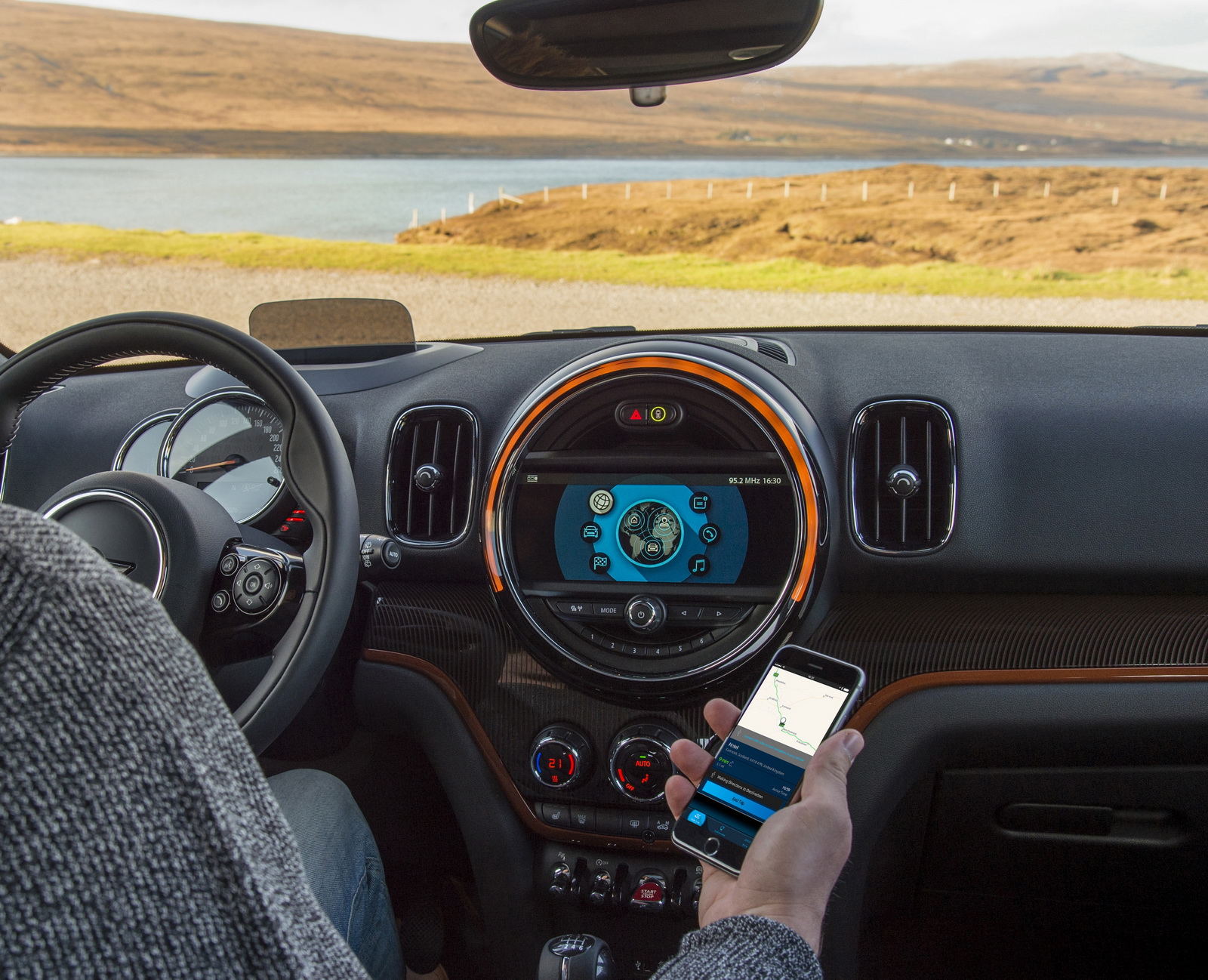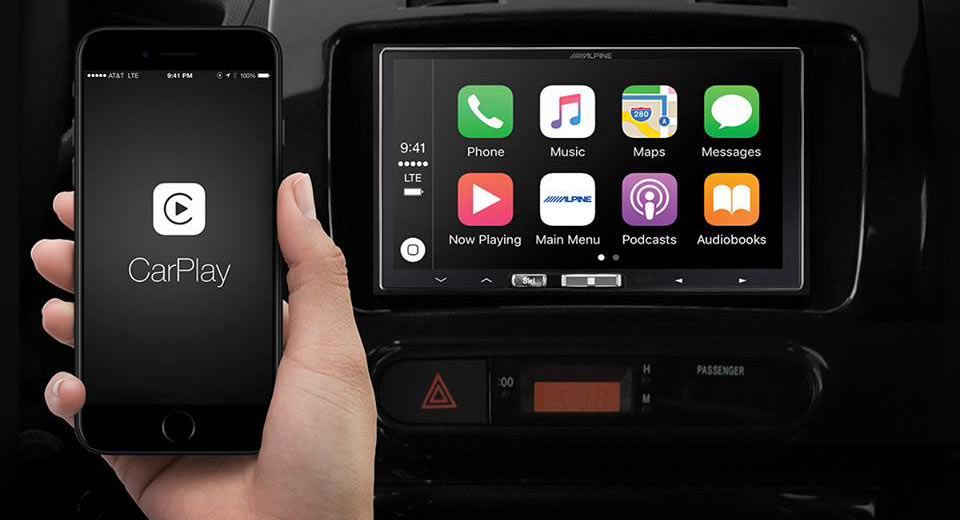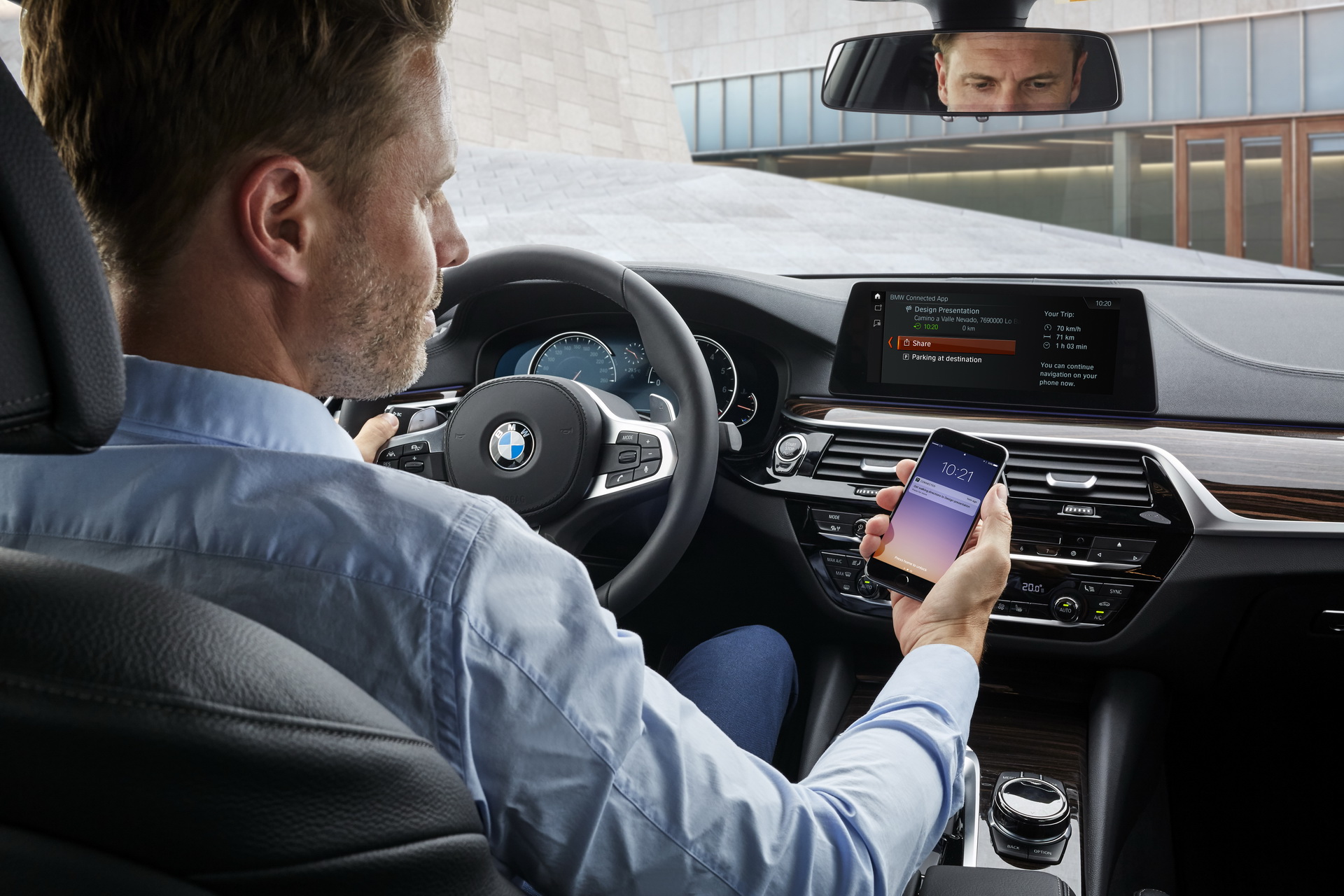Earlier this week, European Union nations voted against having a Wi-Fi-based car standard, dealing a blow to the likes of Volkswagen, Renault and Toyota.
No fewer than 21 countries, including Germany, France and Italy, voted against the proposal at a meeting in Brussels. However, 5G triumphing over Wi-Fi was something BMW, Daimler, Ford, PSA, Intel, Qualcomm, Huawei and Samsung wanted to see happen.
The European Commission wants to set benchmarks for connected cars, a market that could generate billions of euros in revenues for not just automakers, but also telecommunications operators and equipment makers, reports Autonews Europe.
This issue had both the auto and tech industries split and even triggered fierce lobbying on both sides as some would have rather seen Wi-Fi technology come out on top.
Also read: BMW Now Urging EU To Consider 5G Connectivity For Cars
However, the 5G standard, which hooks up to both cars and the surrounding environment, is said to have a wider range of applications in areas such as entertainment, traffic data and general navigation.
Meanwhile, others have argued that unlike 5G, Wi-Fi technology is already available and would help improve road safety in a quicker fashion. Even so, once it gains traction, 5G is expected to aid the development of autonomous driving, with SEAT CEO Luca de Meo looking forward to a time where this technology will link everything from connected vehicles to household devices.
“I think personally the automotive industry will play a big role in justifying the investment, so we will be one of the big customers, but we need to be creative,” said de Meo in an interview this past February. “We need to experiment and look at functionalities and hopefully the market will say, OK, I want to buy a car like this because it can prevent an accident or it can see around the corner and I value that and I [will] pay for it.”






